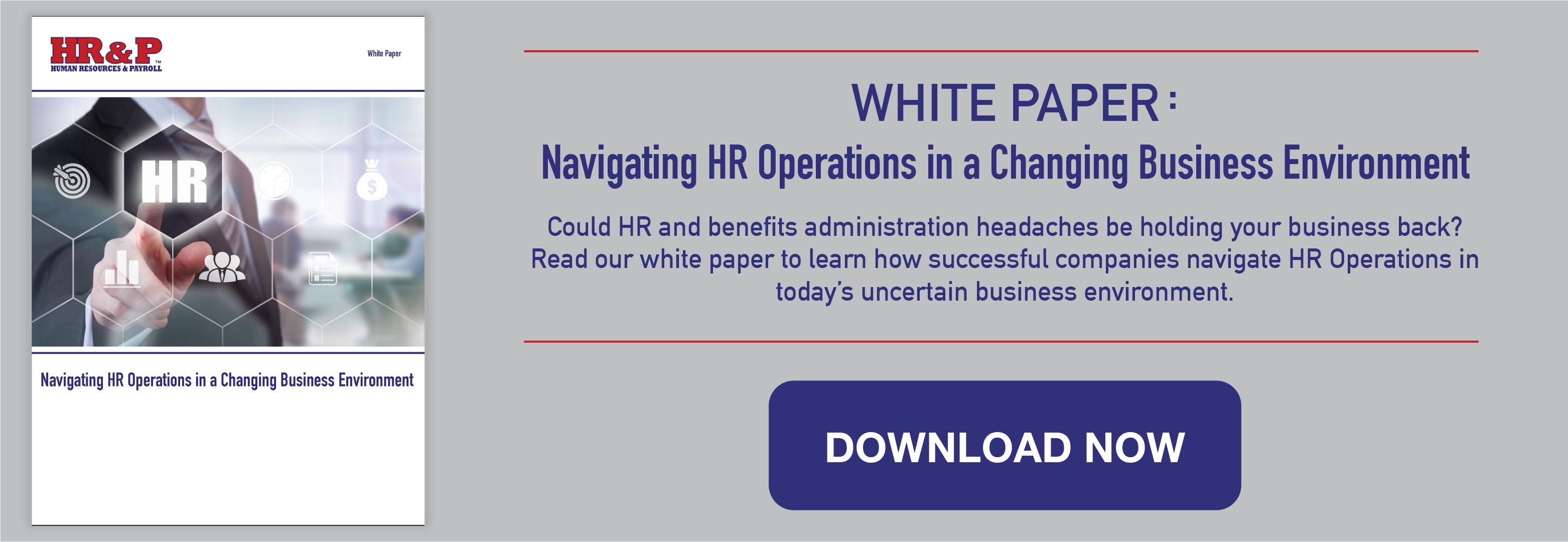“Money [as a motivator or reward] is a very expensive substitute for genuine morale-building,” said management consultant Paul Peyton, author of “Profit Power.”
“A high rate of pay won’t create high morale,” said Peyton. “You can pay employees enough to endure abusive conditions, but you can’t pay them enough to buy their enthusiastic involvement in the profits of your business or organization.”
Employees want to feel needed and valued, said Peyton. “Your employees require much more than a once-a-year pat on the back and a three percent raise to feel needed. They need to know that you value them.”
“Many employers think employees are just there for the money,” added Robert B. Nelson, author of “Empowering Employees Through Delegation.” “It’s not true. When you ask employees what’s important to them and motivates them in their job — in any study I’ve done or seen — I’ve never seen money higher than fifth on the list. It’s more important to be appreciated, feel involved, have interesting work.”
Peyton said people will change jobs or move across the country — they’ll even accept lower rates of pay — to find a situation that fulfills their need to feel valued as an employee. So, motivate employees by giving approval when they do something right. Mix verbal and written approval. Use approval to build competence, guide performance. Treat employees with dignity and respect. Request, don’t order. Praise in public, criticize in private. Refrain from abusive, offensive language, yelling, and angry outbursts.
“Pay must be fair in the employee’s eyes, said Peyton. “But sometimes employees ask for more pay when their needs are actually emotional. They won’t tell you, ‘I’ve got a boss who yells at me and uses profanity, and I don’t like it.’ They’ll just demand to be paid more.”
“You can buy a smile for awhile,” said Peyton. “Employees will accept high pay as compensation for abusive conditions. But six months later it’s going to cost you more to buy that same smile.”
Nelson recommended boosting employees’ morale by delegating. “If you’re not delegating, it’s costing you in lost efficiency and lower employee morale,” said Nelson.
You’re not getting your employees’ best efforts for the money you’re investing in them. You’re giving them the message you can’t trust them,” said Nelson.
“Long-term, it will cost you in lower productivity, more employee frustration, and higher turnover. Besides, it’ll kill you to carry the whole burden yourself,” Nelson added.
“You do a disservice to yourself and your employees by doing it all yourself… trying to be a super worker. You’re not giving your employees a chance to be learning and growing,” explained Nelson.
When you and your managers delegate, employees get better training and more responsibility. Otherwise, your most talented employees are likely to go looking elsewhere for better opportunities to work toward their career goals. And paying them more won’t be the answer.
So, delegate more — empower your employees by giving them tasks and the authority to get those tasks done. “Focus on doing the things that only you can do, and work on delegating the rest,” Nelson advised. Let go of as many tasks as possible, even if you have time for them. Delegate recurring tasks and detail work.
When you know what you want to delegate, select the right people. Know your employees’ abilities, interests and workloads. Match tasks with people.
“A good delegator must trust employees, even when their experience is lacking,” said Nelson. Be prepared to back them up when they need support or make errors. But allow them to put their own ideas into action.
The Delegation Process
The actual delegation process is a mutual consultation and agreement between you and an employee, said Nelson.
- Set and prioritize clear goals, share possible pitfalls, set performance standards. Be as specific as possible, but focus on results, not methods.
- Give the employee a context for the task. Why does it need to be done? Why is it important to be done on time?
- Grant enough authority and provide enough resources to get the work done.
- Get a commitment of responsibility and accountability and agree with the employee on a completion date. Make sure employees take responsibility for solving problems.
There’s a lot of truth to the saying, “two heads are better than one,” if you have the right heads of course. Delegate to the right employee and communicate clearly with that person and you’ll be surprised what the two of you can accomplish.
TESTIMONIALS
As we’ve grown, so have our administrative and payroll needs. That’s why we’ve partnered with HR&P. HR&P supports us every day with human resources, payroll, benefits and compliance so we can focus on being the best BB’s Cafe we can be!
Since 2010, my company has grown to over five hundred employees. With our tremendous growth we needed a human resources and payroll company that could grow with us. That company is HR&P. And as laws have changed, like the Affordable Care Act, HR&P has kept us in compliance. I focus on growing Twin Eagle. I trust HR&P with the rest.
We are the industry leader in Oil Spill Cleanup Products and have dealt with numerous Oil Spill disasters. Knowing up close what a disaster looks like we choose to avoid them in our offices. HR&P guides us through the land mines of HR, Payroll and Benefit compliance so my team can focus solely on helping our clients with their problems, and we avoid our own.
One of the best things we did for our business was to partner with HR&P. They’re the experts in human resources, payroll and benefits administration.
HR&P’s web based solutions make it easy for us to manage our employee’s needs. They also help us stay compliant with the Affordable Care Act and with “the alphabet soup” of constantly changing Governmental regulations.
I run a restaurant, from early in the morning to late at night, our team works hard to deliver great food in a fun atmosphere.
But there’s a lot more to running a business like human resources, payroll, benefits and compliance. So we turn to HR&P.
Outsourcing to HR&P keeps us focused on our business.
NEWSLETTER
To receive more HR articles and tips that keep you informed, sign up for our newsletter.

